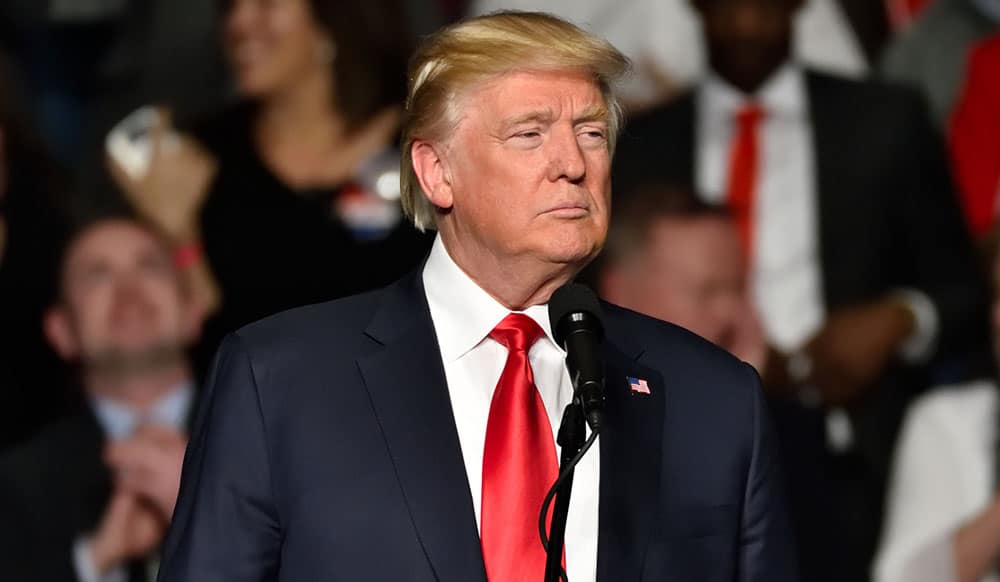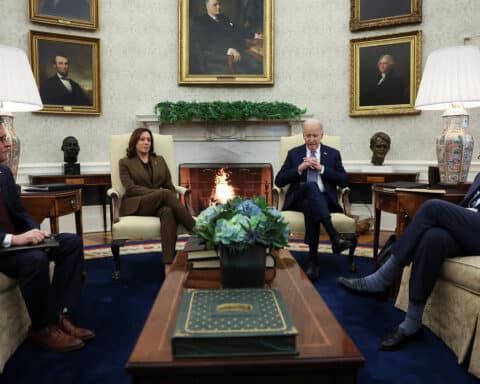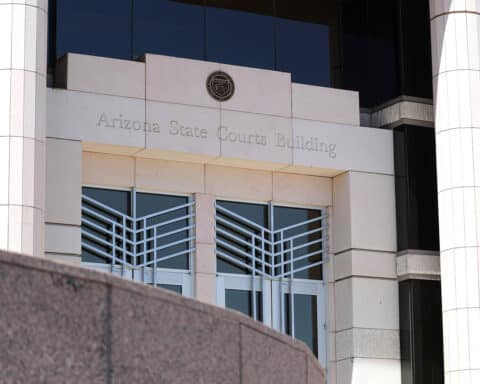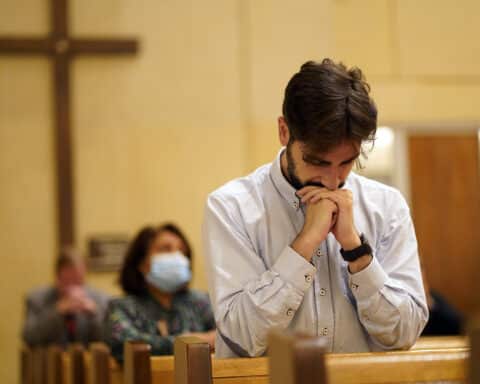The indictment of former President Donald Trump has created a perilous situation — perilous for Trump, to be sure, but perilous especially for the nation. One need not be a Trump fan to share the view that trying him for allegedly committing a sordid but trivial offense — a misuse of funds to pay off a woman with whom he’d had an affair — could dangerously strain the bonds of national unity.
If that sounds like an exaggeration, consider the contrasting readings of the situation served up by The New York Times and the Washington Post. When the country’s two leading liberal newspapers — both of them highly vocal and confirmed critics of Trump — can’t agree on the pros and cons of pursuing this particular case against him, what can we expect from his substantial body of faithful followers?
Editorials in both papers pointed out that the events now unfolding are unprecedented. For the first time, a former president has been indicted by a grand jury and will stand trial. Both newspapers also insisted on the necessity of treating Trump fairly. And, that rather obvious point having been made, agreement then petered out.
Start with the case brought against Trump by New York District Attorney Alvin Bragg.
The Times conceded that other proceedings against him in other venues involve “more serious matters” such as attempting to overturn the results of the 2020 presidential election in Georgia and instigating the Jan. 6, 2021, mob assault on the U.S. Capitol. With that said, however, the paper expressed no caveats about what the district attorney is doing.
The Post sized up the situation differently. Although Bragg’s case is “legally plausible,” the newspaper said, courts may not think so. “What’s more,” it continued, “the potential campaign finance charge itself is shaky [and] a failed prosecution over the hush-money payment could put them all [i.e., the other cases] in jeopardy.”
Beyond the legal question, there is the larger question of whether the New York action against Trump is a political act. The Times editorial insisted repeatedly that it isn’t, and it accused Speaker of the House Kevin McCarthy of seeking to “politicize the indictment” by charging District Attorney Bragg with being politically motivated.
Leaving aside individuals’ motives, however, the position of the Times ignores the self-evidently political character of this whole episode. This is no classroom argument about legal fine points, but bare-knuckle combat and political to the core.
Which brings us to the big question: Does trying a former president on the dubious matters being pursued by Bragg pose an unacceptable threat to national unity? The New York Times acknowledged that prosecuting Trump on these grounds “will no doubt widen the existing political divisions that have so damaged the country in recent years.” But the cost of not prosecuting, the newspaper maintained, would be “higher still.”
The Washington Post, having expressed doubts about the New York case, hedged its conclusion: “Public perception and political strategy shouldn’t dissuade a district attorney from bringing a solid case, but neither should they persuade him to bring a shaky one.”
Americans rightly cherish the principle of equality under the law. That mustn’t change. But neither should we adopt the noxious practice, observable elsewhere, of routinely trying and jailing — or worse — old leaders whenever their opponents come to power. Dislike of Trump, though intense in some quarters, is not sufficient grounds for departing from the prudent American custom of letting bygones be bygones. And if he’s to be prosecuted, make it for something proportionate to the uproar that it will cause.
Russell Shaw writes from Maryland.





